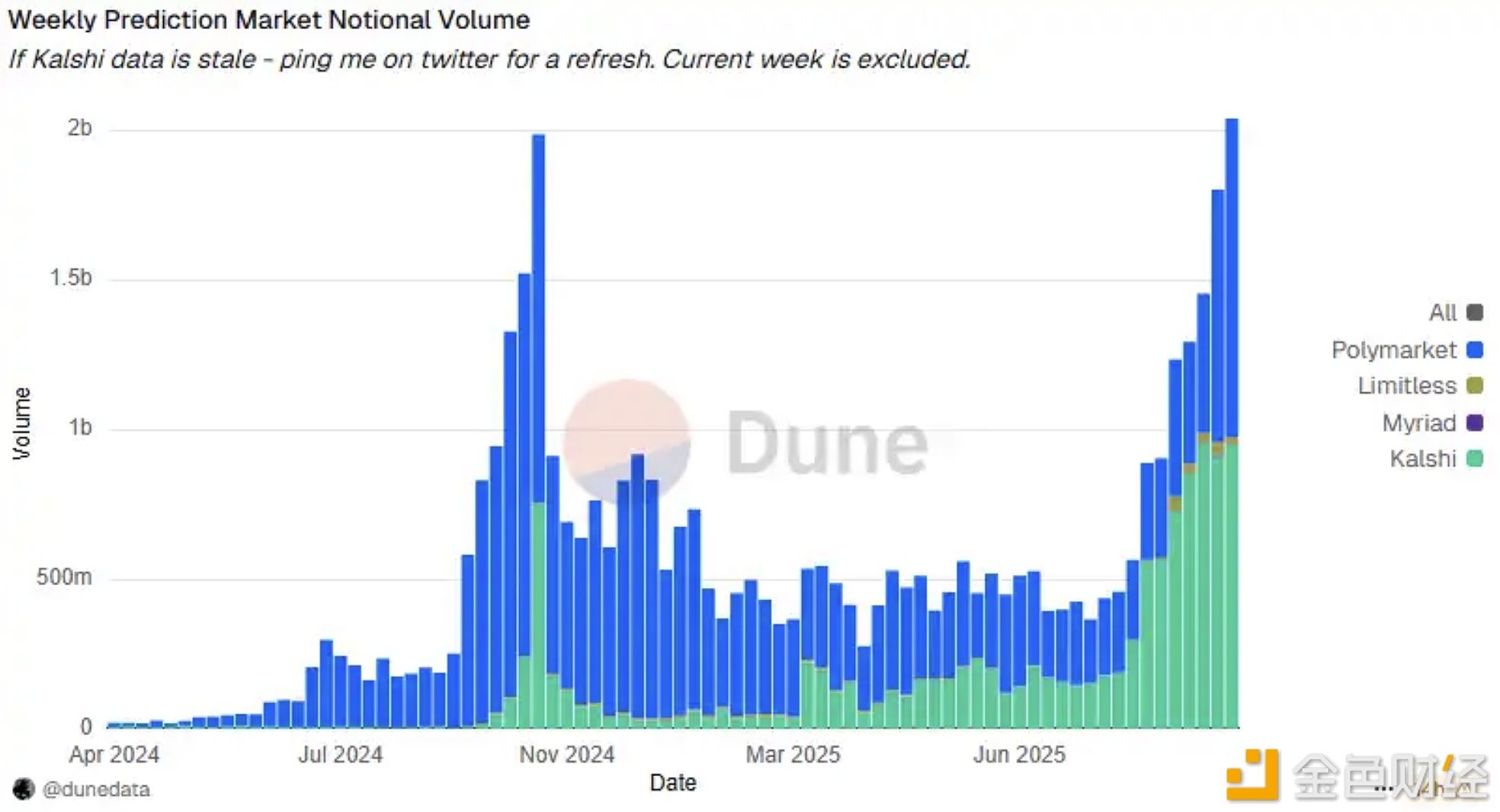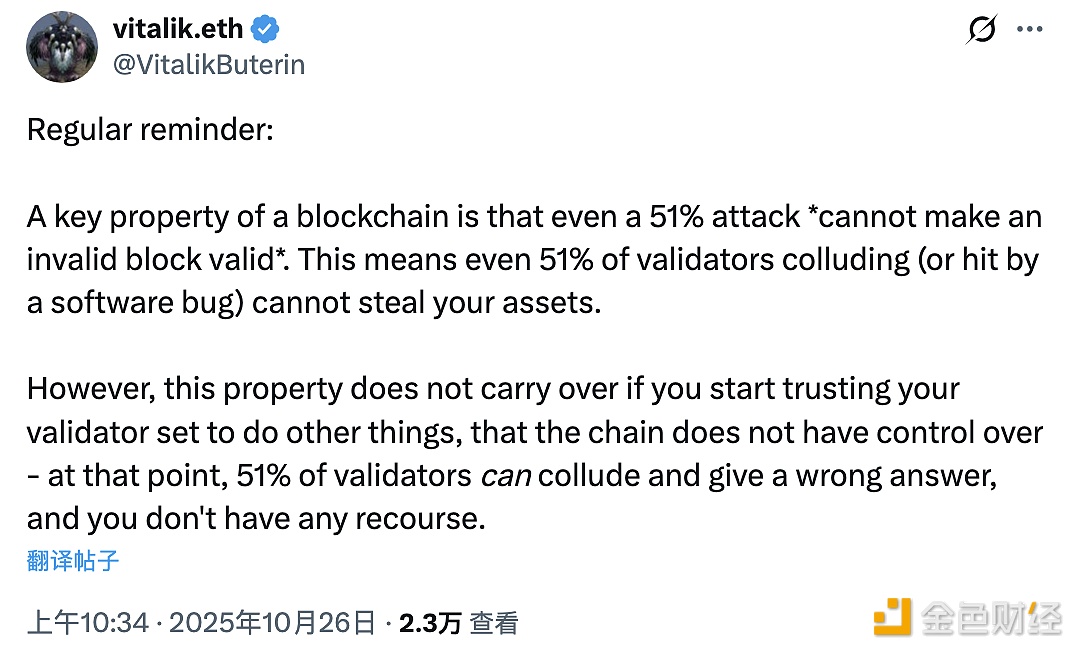Vitalik: If we try to prohibit transactions with Gas fees higher than 50, a large number of junk chains will appear
SMG Research Director Max Resnick posted on social media that MEV is fundamentally about control. Proposers can control which transactions are included in the block and in what order they are included. In other words, MEV is about censorship and reordering. The good news is that it's possible to solve this problem. The first step is to address censorship resistance by setting up multiple parallel proposers; the second step is to resolve the reordering issue.
Once a multi-proposer architecture exists, proposers can reach consensus on a set of unordered transactions, with the execution layer responsible for sorting them using deterministic rules. In response, Ethereum co-founder Vitalik Buterin asked if this wouldn't lead people to flood the chain with numerous transactions to collect MEV and maximize their chances of being first? Therefore, you would still end up with "MEV auctions", but it would bring more negative externalities to the protocol. We saw this situation during the ICO era in 2017 when some projects tried to ban transactions with gas fees higher than 50, resulting in many junk chains.
Disclaimer: The content of this article solely reflects the author's opinion and does not represent the platform in any capacity. This article is not intended to serve as a reference for making investment decisions.
You may also like
Polymarket and Kalshi Dominate the Prediction Market, Newcomers Struggle to Survive

Vitalik: If validator sets act maliciously, users may have no recourse
Analysis: Polymarket and Kalshi Dominate the Prediction Market
Vitalik: 51% attacks cannot rewrite blocks, but off-chain trust introduces new risks
